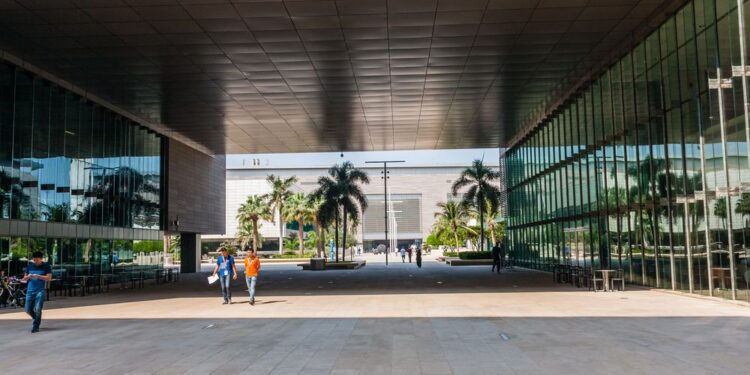Researchers at the Center of Excellence for Renewable Energy and Storage Technologies at King Abdullah University of Science and Technology (KAUST) have discovered a key reason why aqueous rechargeable batteries have struggled to become a safer and more affordable option for sustainable energy storage, according to the Saudi Press Agency.
Their study, published in Science Advances, reveals that water inside these batteries causes chemical reactions that shorten battery life. By adding inexpensive salts like zinc sulfate, the team found battery lifespan could be increased more than tenfold.
The research shows that free water
—water molecules not tightly bound to others—triggers unwanted reactions at the battery’s anode, damaging it over time. Zinc sulfate helps stabilize these water molecules, acting as a water glue
to reduce harmful reactions and improve battery performance.
Professor Husam Alshareef, chair of the KAUST center and lead researcher, emphasized the overlooked role of water structure in battery chemistry. The team’s experiments focused on zinc sulfate-based batteries, but initial findings suggest similar benefits for other metal anodes, hinting at a broad solution for extending aqueous battery life.
KAUST research scientist Yunpei Zhu highlighted that sulfate salts are inexpensive, widely available, and stable, making this approach both practical and cost-effective. Aqueous batteries are gaining attention as a sustainable option for large-scale energy storage, with industry forecasts estimating the market could exceed $10 billion by 2030, according to the Saudi Press Agency.
Unlike lithium batteries, which are common in electric vehicles, aqueous batteries present a safer and more sustainable method for integrating renewable energy sources like solar power into national grids, an important objective in Saudi Arabia’s energy strategy.
Professors Omar Mohammed, Osman Bakr, Xixiang Zhang, and Mani Sarathy from KAUST also contributed to the research.









